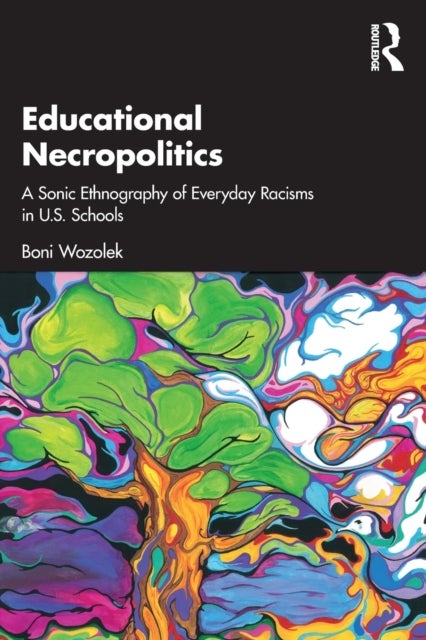
Educational Necropolitics av Boni (Penn State University USA) Wozolek
479,-
<P>Scholars across fields of education have longstanding histories of critically considering the many ways that inequities in schooling are engendered and maintained, and, just as significantly, how these forms of oppression might be resisted and refused. Drawing from these important dialogues, <I>Educational Necropolitics</I> shares two years of stories, sounds, and powerful images collected through a sonic ethnographic study. What emerges from this work are the reverberations of how students in this context and, more broadly, how youth across the country often negotiate the intersections of race, genders, sexual orientations, class, and other parts of their complex identities in overwhelmingly white high school settings. This book examines what is produced in the wake of educational necropolitics-the capacity for schools to dictate to what degree minoritized students'' ways of being can remain intact-and, significantly, it follows the daily lives of youth as they encounter forms of v








